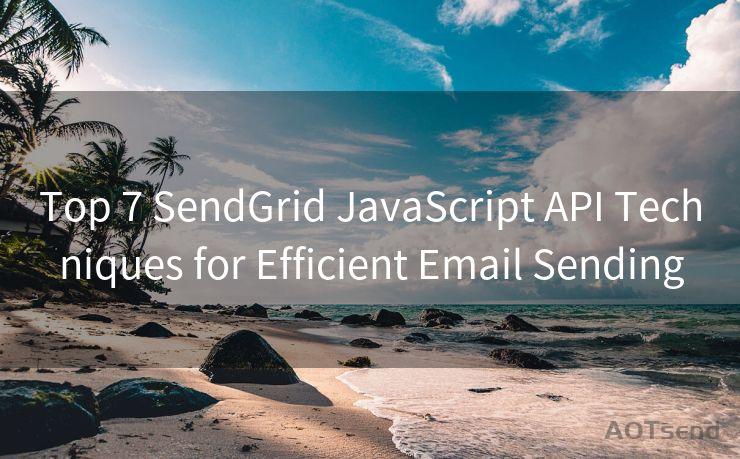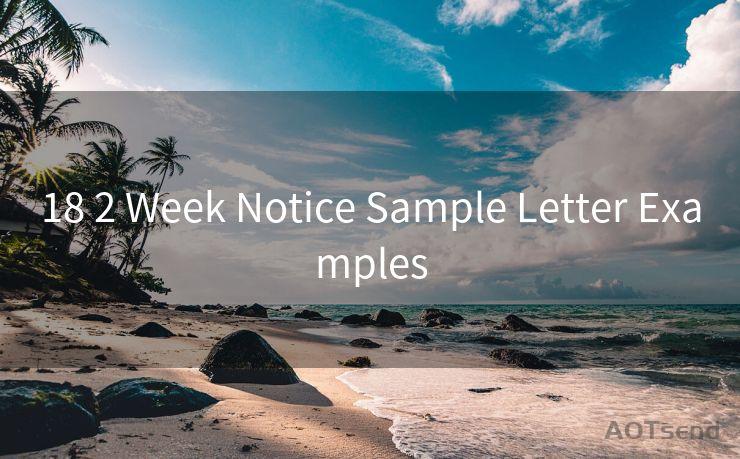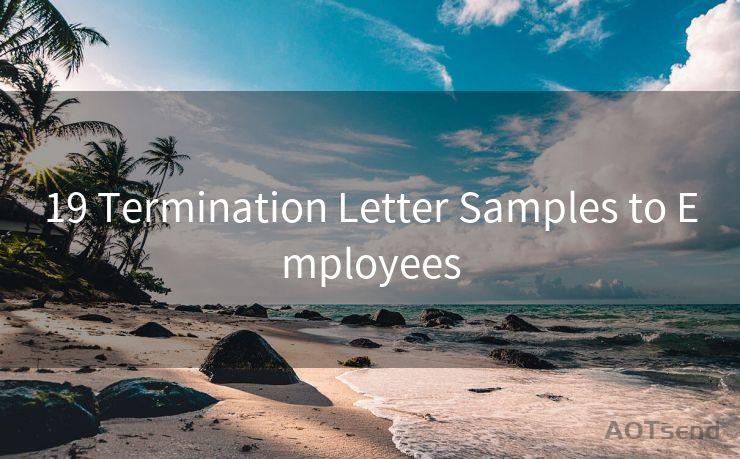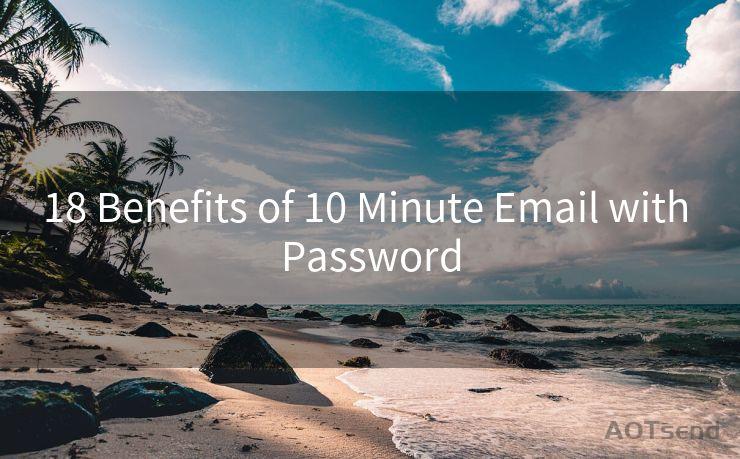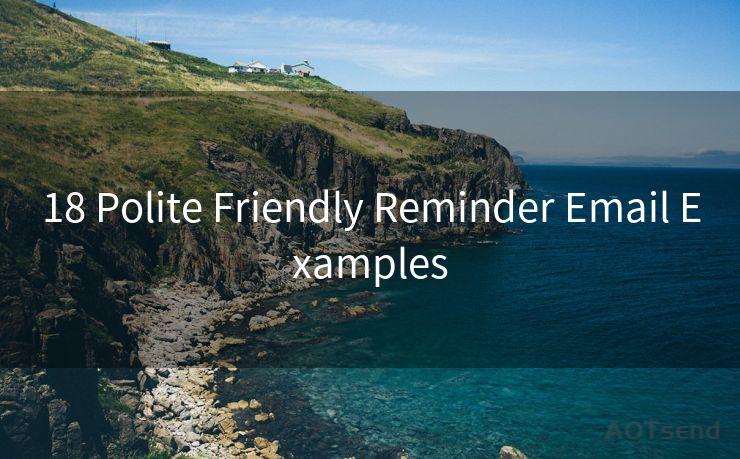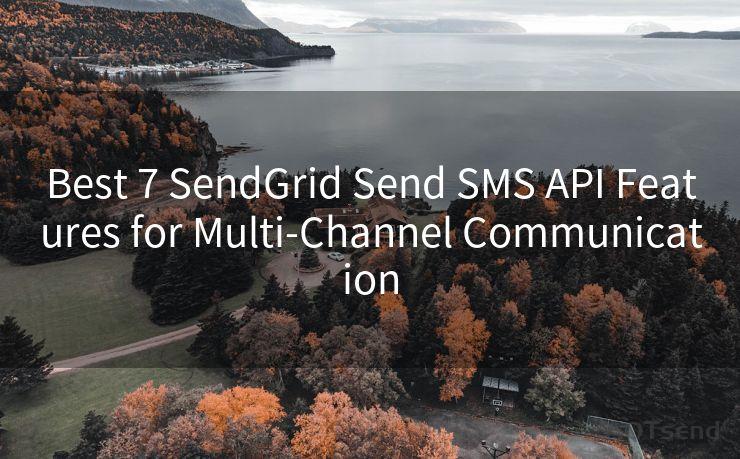19 Gmail Trigger Webhook Best Practices
Hello everyone, I’m Kent, the website admin. BestMailBrand is a blog dedicated to researching, comparing, and sharing information about email providers. Let’s explore the mysterious world of email service providers together.




When integrating Gmail with other systems via webhooks, it's crucial to follow best practices to ensure efficient and reliable communication. Here are 19 essential best practices for using Gmail triggers with webhooks.
1. Clear Definition of Triggers
Before setting up webhooks, clearly define the specific events that will trigger them. Whether it's a new email, a labeled email, or a specific sender, clarity is key.
2. Secure Webhook Endpoints
Ensure that your webhook endpoints are secure. Use HTTPS and validate incoming requests to prevent unauthorized access.
3. Manage Webhook Subscriptions
Keep track of all your webhook subscriptions. Unsubscribe from unused or expired webhooks to maintain system efficiency.
4. Error Handling and Retries
Implement robust error handling mechanisms. Define retry policies for failed webhook deliveries to ensure data integrity.

5. Rate Limiting and Throttling
Be aware of Gmail's rate limits and implement throttling mechanisms to avoid exceeding them. This prevents unnecessary strain on your system and avoids potential penalties.
6. Data Validation
Validate all incoming webhook data. This ensures that only valid and expected data is processed, reducing the risk of errors or malicious activity.
7. Logging and Monitoring
Maintain detailed logs of all webhook activities. This aids in troubleshooting and monitoring the health of your integrations.
8. Idempotency
Design your webhook processing to be idempotent, meaning that multiple deliveries of the same event should have no additional effect. This prevents duplicate actions in case of retries.
9. Testing in a Sandbox Environment
Before deploying to production, test your webhook integrations in a controlled environment. This helps identify and resolve potential issues early on.
10. Scalability Considerations
Plan for scalability. As your business grows, your webhook infrastructure should be able to handle increased volumes without compromising performance.
11. Timeout Management
Set reasonable timeouts for webhook requests. This ensures that your system doesn't get bogged down waiting for responses from slow or unresponsive endpoints.
12. Fallback Mechanisms
Implement fallback strategies in case of webhook failures. This could include storing events for later processing or notifying administrators.
13. Documentation and Communication
Maintain clear documentation on your webhook integrations. This aids in onboarding new team members and troubleshooting issues.
14. Use of Standard Protocols
Adhere to standard protocols and formats, such as JSON, for webhook payloads. This simplifies integration with third-party services.
15. Authentication and Authorization
Ensure that only authorized systems can trigger webhooks. Use authentication tokens or other security measures to verify the source of incoming requests.
16. Monitoring Webhook Performance
Regularly monitor the performance of your webhook integrations, including response times and error rates. This helps identify and address bottlenecks.
17. Flexibility in Configuration
Allow for flexibility in webhook configurations. Different use cases may require different triggers or payload structures.
18. Backup and Recovery Plans
Have a backup and recovery plan in place for your webhook data. This ensures business continuity in case of unexpected events.
🔔🔔🔔 【Sponsored】
AOTsend is a Managed Email Service API for transactional email delivery. 99% Delivery, 98% Inbox Rate.
Start for Free. Get Your Free Quotas. Pay As You Go. $0.28 per 1000 Emails.
You might be interested in:
Why did we start the AOTsend project, Brand Story?
What is a Managed Email API, How it Works?
Best 24+ Email Marketing Service (Price, Pros&Cons Comparison)
Best 25+ Email Marketing Platforms (Authority,Keywords&Traffic Comparison)
19. Continuous Improvement
Continuously evaluate and improve your webhook integrations. Gather feedback, monitor performance, and make adjustments as needed.
By following these 19 best practices, you can ensure that your Gmail trigger webhook integrations are efficient, secure, and reliable. Remember to regularly review and update your implementations to keep pace with changing technologies and business requirements.




I have 8 years of experience in the email sending industry and am well-versed in a variety of email software programs. Thank you for reading my website. Please feel free to contact me for any business inquiries.
Scan the QR code to access on your mobile device.
Copyright notice: This article is published by AotSend. Reproduction requires attribution.
Article Link:https://www.bestmailbrand.com/post7145.html

